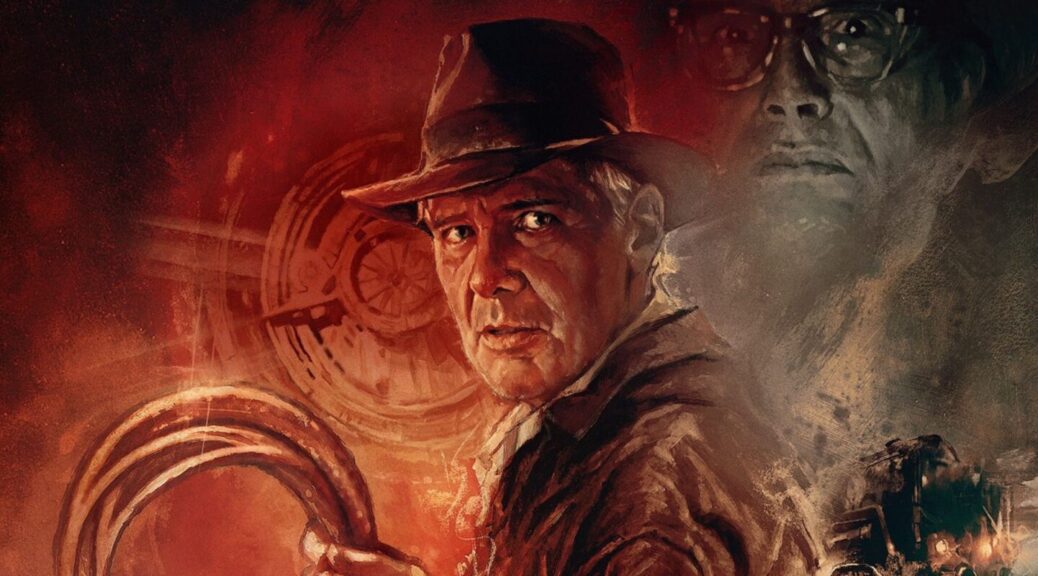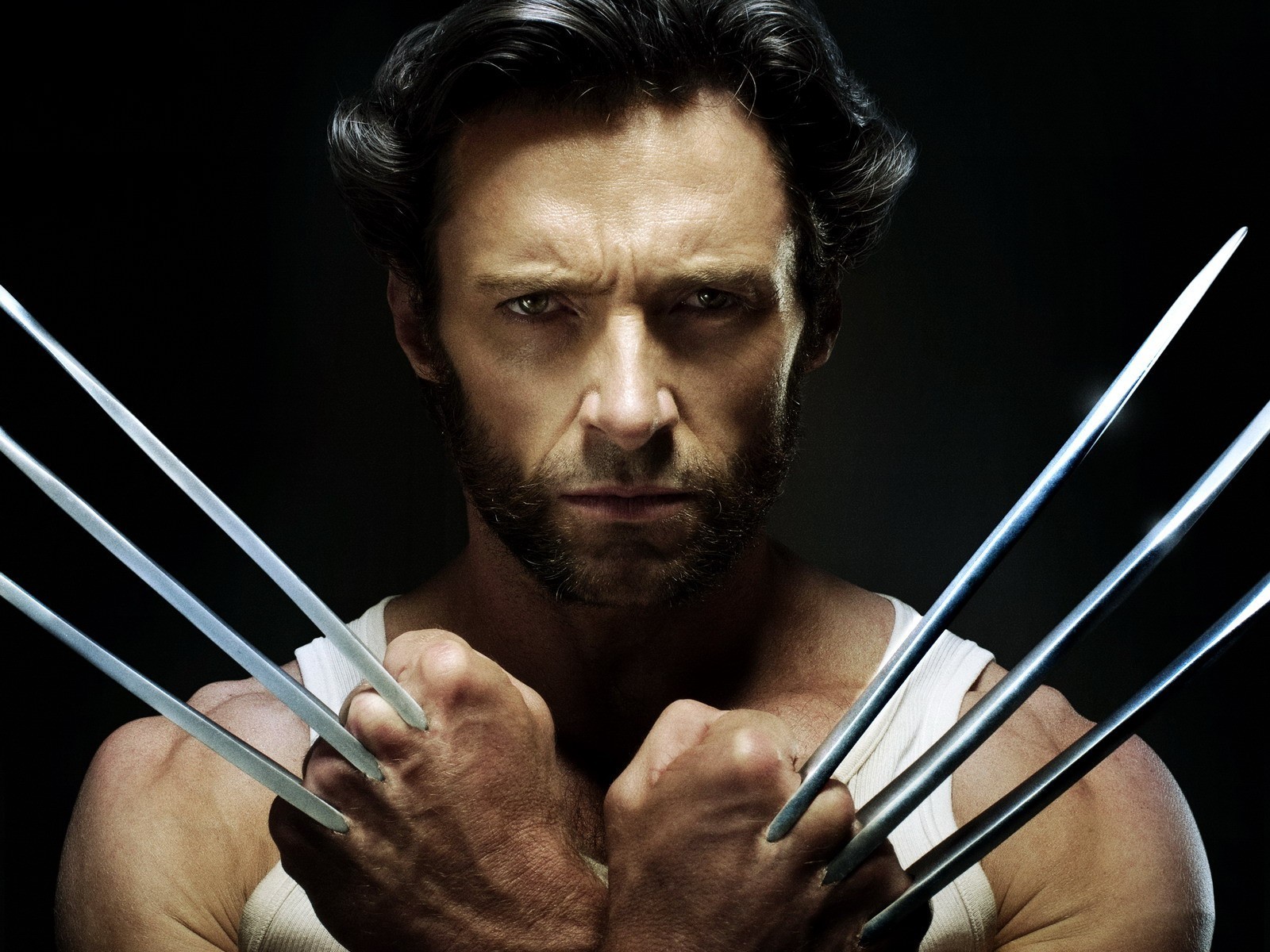Indiana Jones and the Dial of Destiny
by Hope Madden and George Wolf
Should they have stopped after Last Crusade? Probably.
But is Dial of Destiny a more worthy sendoff for the iconic Indiana Jones than 2008’s Kingdom of the Crystal Skull? Most definitely.
Director James Mangold takes the whip from Spielberg and wastes no time reminding us why we have loved this character for decades. Impressively staged action and that familiar theme song combine for a thrilling 20-minute opening sequence set back amid Indy’s heyday, with the unusual combo of Harrison Ford’s de-aged face (pretty nifty) and 80 year-old voice (craggy) fighting to recover the blade that drew Christ’s blood.
Fast forward to the late 1960s, and Dr. Jones is ready for retirement when his past comes calling with a tempting opportunity. Indy’s goddaughter Helena Shaw (Phoebe Waller-Bridge, bringing some welcome zest), whose father was Indy’s old partner Basil Shaw (Toby Jones), shows up with a tale about finally recovering the artifact that neither Basil nor Indy could ever pin down.
It is the Antikythera, a hand-powered orrery designed by Greek astronomer Archimedes that was said to produce “fissures in time.” Archimedes hid the two halves of the dial from the Ancient Romans, and now Indy can help Helena find the dial before it falls into the menacing hands of the mysterious Dr. Schmidt (Mads Mikkelsen).
The script, co-written by Jez and John-Henry Butterworth, David Koepp and Mangold, allows our character to feel his age – the wisdom of his accumulated experiences and the losses, the absences, they’ve brought him. It also allows a bit of silliness to creep in before we’re done, which becomes the one last hurdle that Indy must overcome.
As a director, Mangold comes to the franchise with a terrific resume that includes Logan, Ford v Ferarri, Walk the Line and 3:10 to Yuma. But while he’s able to fill many action-packed set pieces with craftmanship and flair, Spielberg’s unmistakable layer of childlike wonder is noticeably missing.
But so is Spielberg, so that’s gonna happen.
What Mangold and his writing team can do is find a comfortable groove that, like our hero, leans more toward respecting the past than plundering its remnants.
Ford is a big reason for that. He steps back into that fedora not like he’s never left it, which is the point. He meets his character where he actually is – old, alone, grieving. Mangold’s Logan also grappled with the melancholy of our waning years (and beautifully). Ford makes the most of this opportunity to see the character’s arc through, right into a warm and satisfying sunset.




